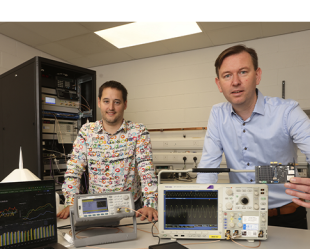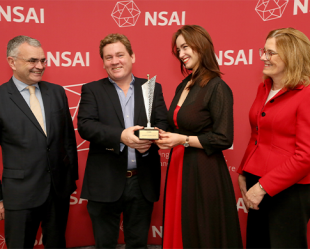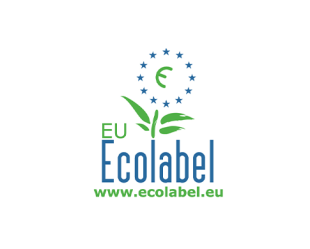On Monday and Tuesday the 18th and 19th of July the CEN e-Invoicing Work Group 2 met in NSAI offices to discuss issues affecting the adoption rate of e-invoicing within the EU. The meeting Convenor was Jörg Walther from the German Automotive Industry Association (VDA). The Technical Editor was Aurélie Virgili an eBusiness Consultant from Brussels. Ireland was represented by members of the ICT SC12 sub-committee, Edmund Gray (Convenor), John Larkin of eBox Systems, Brendan Kernan of GS1 and Angela Tracey of Siemens.
The meeting focussed on defining business controls to allow SMEs to more easily adopt e-invoicing under the new VAT legislation due on Jan 1 2013. Currently companies are required to either use digital signatures or an EDI system, which can be expensive. However by ensuring their existing systems prove the authenticity and integrity of the e-invoice they may need to make very few changes to be compliant. It is estimated that by using standards based e-invoicing, EU companies and governments will save €40 billion per annum therefore Irish business and government could save €250M per annum.
A message from the Meeting Convenor Jörg Walther
The overall target of phase 3 will be “Integration of efforts in standardisation and developments” in the following areas:
- Standards (e-invoicing modules for business software, methodology of software tools, functionalities and specifications for business software requirements)
- Compliance (improvement of cooperation between companies and tax authorities, establishment of clear common understanding between companies and tax authorities in EU, accessibility of rules and regulation)
- Implementation (best practice implementations with model agreements for electronic invoicing, model processes and SME focussed best practices)
- Business Process (integration of electronic invoice in existing business processes).
CEN Workshop Agreement 2: Electronic invoice processes in Europe and enablement of SMEs to use them efficiently.
E-Invoicing procedures are currently predominantly used amongst big companies and are very seldom used in the SME environment. It is therefore important to define procedures, which will help to spread this concept as widely as possible including to SMEs, in view of its potential to shorten the transaction chain. Member States have their own regulations, with substantial differences, that hinder implementation and provide no added value to the user communities. The aim of this activity is not to list again all legal requirements, but to develop harmonized procedures and agreements between trading parties and as far as possible tax authorities at European level to permit harmonized cross border invoicing. This will be mainly process oriented, but will also include technical and legal requirements. It will include new business practices in achieving electronic invoices easily, e.g. self-billing and the development of an electronic invoice module, which should lead to a standardised API for accounting software producers and service providers. For more information go to E-INVOICE GATEWAY
Reaping the benefits of electronic invoicing for Europe
- European Commission Communication document
Contact:
| ICTSCC Dr. Ian J. Cowan Senior Standards Officer Direct Tel +353 1 807 3876 Email Dr. Ian Cowan NSAI.ie |
ICTSCC/SC 12 Edmund Gray Chief Technology Architect Direct Tel +353 71 918 5062 Email Edmund Gray OMNI.ie |
Resource Links
- Dáil Question on Electronic Invoicing
- CEN Workshops on eInvoicing
- Independent Platform for Electronic Invoicing in the European Community



